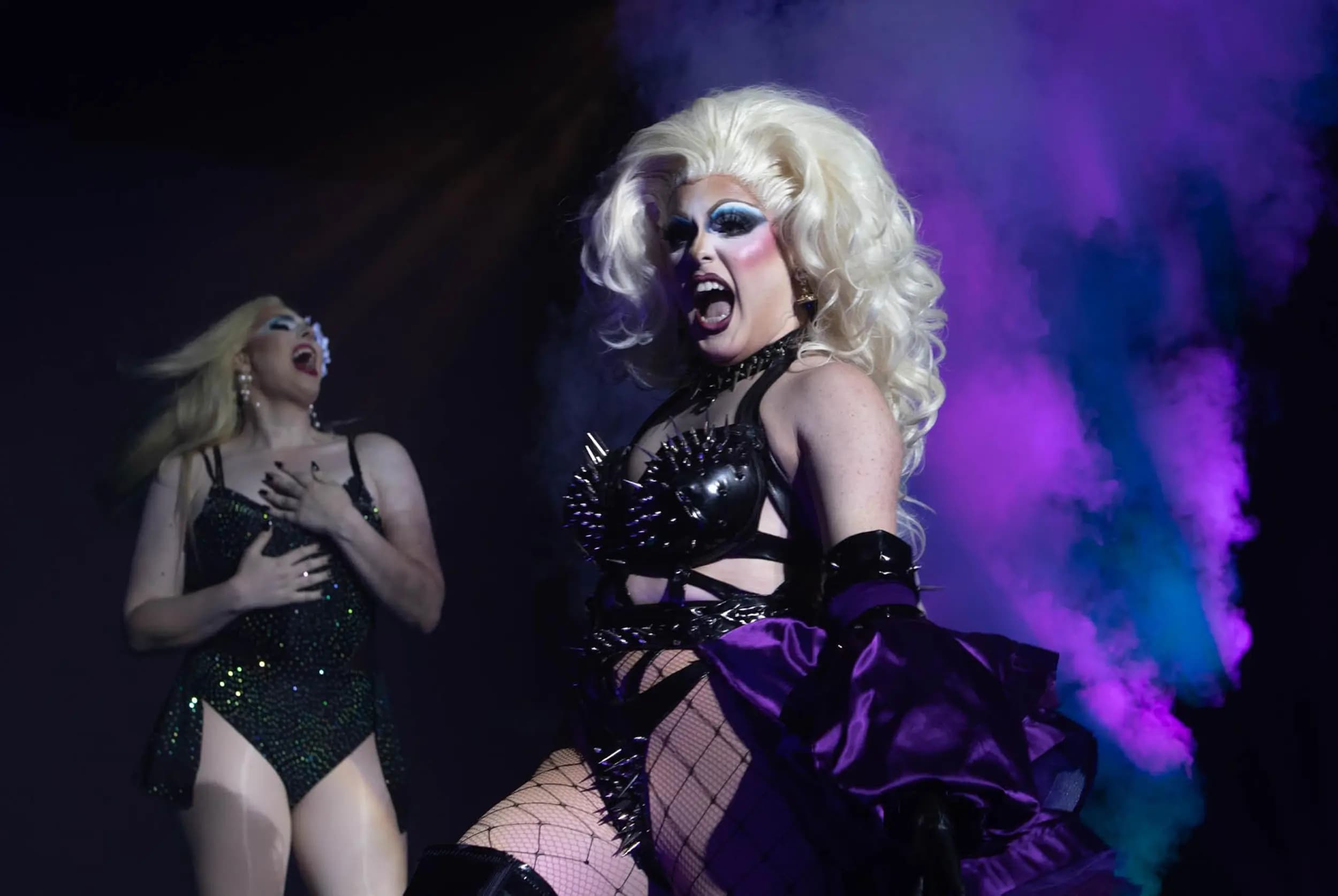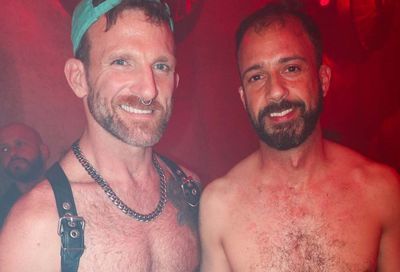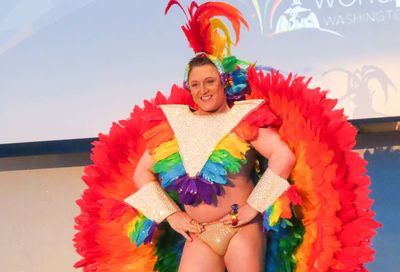Federal appeals court rules that Nashville should have allowed anti-gay preachers to protest Pride festival

The 6th U.S. Circuit Court of Appeals has ruled that the city of Nashville violated the First Amendment rights of two anti-gay protesters outside the 2015 Nashville Pride Festival by asking them to leave the area, even though they were not placing anyone in danger.
John McGlone and Jeremy Peters, a pair of anti-gay activists who traveled to Public Square Park in Nashville to preach against homosexuality, sued the city in April 2016 for forcing them to move to another area in order to stifle their speech, reports The Tennessean.
McGlone and Peters had been protesting using bullhorns and amplification equipment on a sidewalk just outside Public Square Park when an off-duty Metro Nashville police officer, at the time working for a private security firm hired by festival organizers, told them to leave the sidewalk or they’d be arrested.
The two men moved to another sidewalk across the street from the park and continued preaching for several hours.
The city previously argued that its exclusion of the protesters was not because of the content of their message, but because the preachers’ message of intolerance “interfered” with the message of the festival.
A lower federal court found in favor of the city, but McGlone and Peters appealed the decision to the 6th Circuit, which reversed the earlier ruling.
“Nashville’s explanation leaves no doubt that but for the anti-homosexuality message that McGlone and Peters were advancing as they stood on the sidewalk, they would not have been excluded,” Judge Alice Batchelder, a George H.W. Bush appointee, wrote in her opinion on behalf of the majority. “How, then, can Nashville argue that its restriction of the preachers’ speech was not content based?”
The court also noted that the protesters didn’t attempt to participate in the festival or speak on its behalf, or take any action that would have infringed upon the free speech rights or freedom of expression of festival-goers.
“Unlike, for example, a [Make America Great Again]-hatted man claiming a First Amendment right to stand behind Hillary Clinton at a campaign rally, McGlone and Peters did not insist on entering the Pride Festival, let alone participating in the Pride Festival’s speech,” Batchelder wrote. “They stood outside and expressed a contrary message.”
Batchelder was joined in her opinion by Judge Joan Larsen, a Trump appointee.
But Judge Karen Nelson Moore, a Clinton appointee, dissented, arguing that the preachers’ use of bullhorns was disruptive enough to the festival’s permitted activities that the city was justified in asking them to move on, and had not attempted to restrict their speech based on its anti-gay content.
“A state actor can grant exclusive use of public land for a political rally,” Moore wrote in her dissent. “It can, in at least some situations, regulate ‘the location of targeted picketing . . . under provisions that the [Supreme] Court has determined to be content neutral.’ And it can, our cases suggest, ‘cordon off’ protestors seeking to deliver a message contrary to a public festival, or even ‘disperse [an] entire crowd’ that has gathered to counterprotest. In each of these examples, speech is regulated in a way that correlates with content — but that correlation is not caused by a governmental desire to help or hinder any particular type of speech or message.
“There is no evidence in the record to suggest, for example, that Metro [Government of Nashville] required the Preachers to preach across the street because it disagreed with or wished to disfavor their message. Rather every indication suggests that Metro did so in order to protect the right of a permit-holder—any permitholder—to hold a permit-authorized event without being subject to an unreasonable amount of interference or disruption,” Moore added.
“In other words, the restriction applied to these Preachers with their message, but it also would have applied to people showing up with bullhorns to protest the Iraq War, or to glorify the Iraq War, or to say anything else loud and disruptive for an ongoing period of time. That makes the restriction ‘[a] regulation that serves purposes unrelated to the content of expression . . . , even if it has an incidental effect on some speakers or messages but not others.’ And therefore, because Metro’s restriction was motivated by a desire to prevent serious interference with a permit-holder’s authorized event rather than disagreement with the regulated party’s message, the restriction qualifies as content neutral.”
Support Metro Weekly’s Journalism
These are challenging times for news organizations. And yet it’s crucial we stay active and provide vital resources and information to both our local readers and the world. So won’t you please take a moment and consider supporting Metro Weekly with a membership? For as little as $5 a month, you can help ensure Metro Weekly magazine and MetroWeekly.com remain free, viable resources as we provide the best, most diverse, culturally-resonant LGBTQ coverage in both the D.C. region and around the world. Memberships come with exclusive perks and discounts, your own personal digital delivery of each week’s magazine (and an archive), access to our Member's Lounge when it launches this fall, and exclusive members-only items like Metro Weekly Membership Mugs and Tote Bags! Check out all our membership levels here and please join us today!























You must be logged in to post a comment.